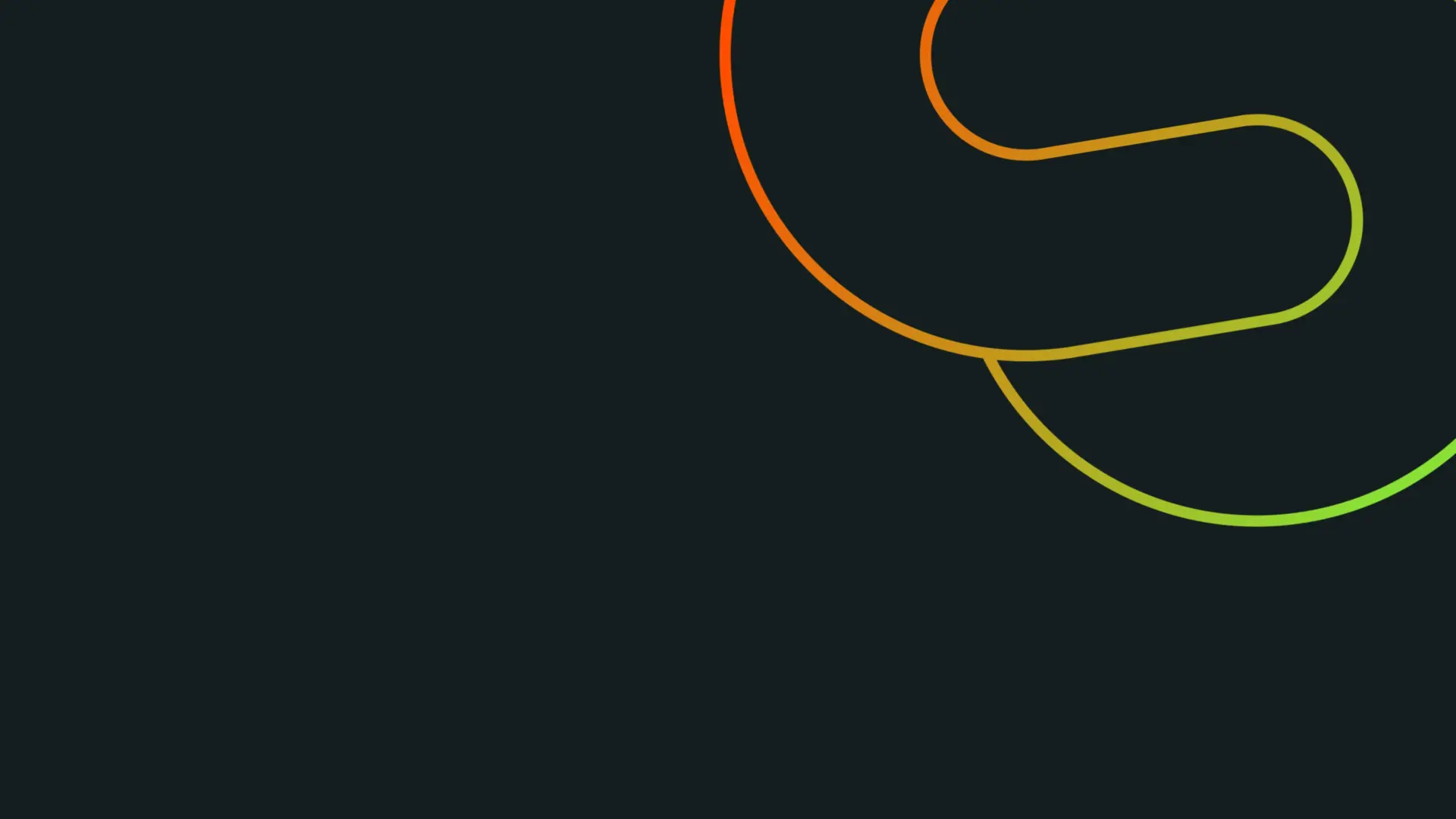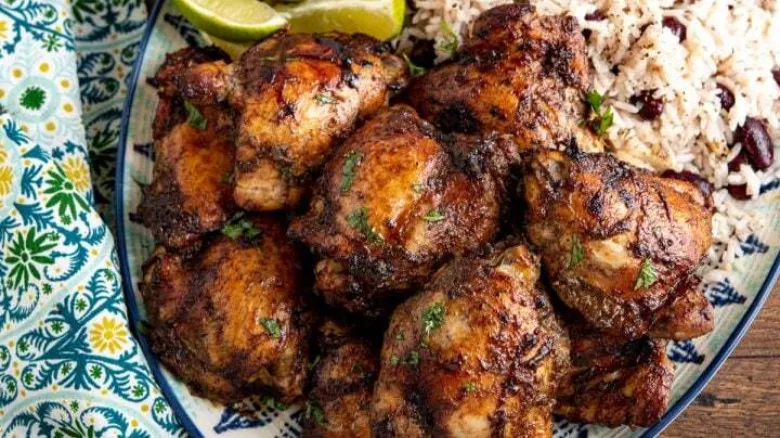
"They came in the 1960s when it was £4000 for a five bed house"
Love yourself first, accept yourself, faults and all, don’t stay in relationships that are not healthy for you and don’t do stupid things out of loneliness.
Black History Month is about celebrating our history. Throughout October we’re sitting down with our team to discuss their experiences of growing up in London as a Black person. In the first of our series Alison Campbell, Organisational Lead at Safer London, provides a snapshot of her childhood as part of a large Jamaican family.
Can you tell me what life was like for your family when you were born?
I was raised by my grandmother. They came in the 1960s when it was £4000 for a five bed house – my gran had three jobs! My grandad passed away after being here for three years, I had nine aunts and uncles, and altogether I have 80 cousins, first, second and third generation.
My Nan raised eight children by herself. She was an RGN nurse in Sutton and she experienced a lot of racism. She used to talk to my uncles about what her and my grandad had experienced when they came here. No dogs, no blacks, no Irish.
My Gran was an amazing woman. She taught us how to cook, clean and garden. She used to grow callalou and spinach, and to take us to the park.
What family traditions do you remember from your childhood?
We always had rice & peas and chicken on a Sunday and we went to church three times a day. We used to go the sweet shop and buy lots of sweets (for the children!) on the way to church, then eat sweets all through the long church service.
My Nan was old school Jamaican. I remember that we were never allowed in the front room, it was only for people who came to visit or her friends.
Christmas was nice, my Nan could bake a good Christmas cake. There would be a house full of people; my uncles and aunts, cousins. We would play games, like jumping from the top to the bottom of the stairs.
In those days we lived in a community; we knew the neighbours, they knew us and would keep an eye on us. Anything we did that was naughty, she would hear about it when she went to the shop. She was an amazing woman who taught me so much.

What kind of things were important to you as a child?
Growing up we weren’t exposed to the riots in Brixton and things like that, I only experienced some racism in school.
No one in my family had come to an event at the school before. I felt like I was the only person who didn’t have a parent. One day my uncle came to a bazaar in my school, he came for me and I was so proud to walk with him, it made me so happy that someone was there for me. He was so nice to me, I will never forget that act of kindness. He died in 2018. The year before in 2017, my aunt died.
My aunty was a really giving person but when she died there was no one there for her. My uncle said he really knew me, the kind of person that I was, because I was there for my aunt when no one else was. He said that I have a resilience.
I’m so glad my uncle isn’t here to see what is happening now they would’ve been vulnerable. When in them days it was fist fights but now it’s knives, kids are exposed to so much now.
If you were able to talk to your teenage self what advice would you give her?
I live a peaceful life, everything about me is peaceful. It’s important to me.
Love yourself first, accept yourself, faults and all, don’t stay in relationships that are not healthy for you and don’t do stupid things out of loneliness.
Read the other blog in our #BHM2020 series
CLICK HERE